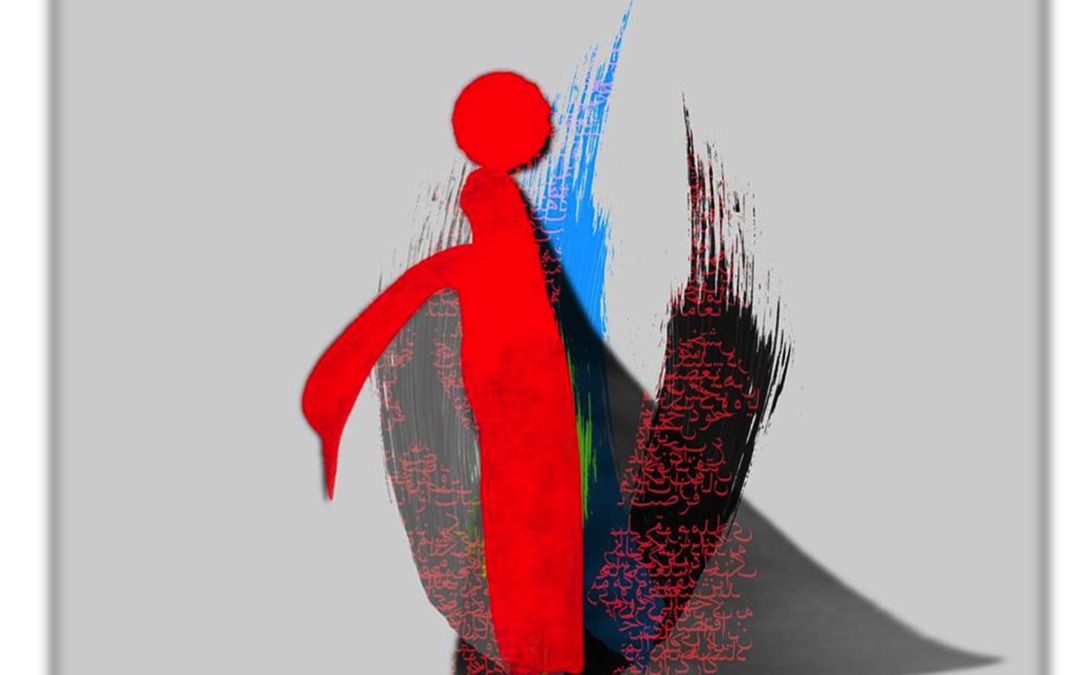Since the second half of the 20th century, human rights have gained critical significance, at least their ethical aspect, at both the national and international level. It is arguably the dominant discourse of our time. Today, any political regime that is not committed to human rights values is considered illegitimate because human rights constitute the parameter of evaluating state legitimacy both domestically and internationally. As a result, most countries have included human rights provisions in their Constitution and are committed to support and respect them.
As a member of the international community, Afghanistan has signed and ratified many protocols and conventions including the Charter of the United Nations, International Covenant on Civil and Political Rights, International Covenant on Economic, Social and Cultural Rights, International Convention on the Elimination of all forms of Racial Discrimination, Convention on the Rights of the Child, Convention on the Elimination of all Forms of Discrimination against Women, Slavery Convention, Rome Statute of the International Criminal Court, Convention Concerning Forced or Compulsory Labor, and the Discrimination (Employment and Occupation) Convention, among. Most of these conventions have been signed by Afghanistan in the second-half of the 20th Century and the country is required to respect and promote the rights enshrined in these conventions.
There appears to be great inequality in the Afghan legal system’s treatment of Muslims on the one hand and Hindus as Sikhs on the other, as evidenced by the way their rights and freedoms and subordinated in the Constitution and key laws.
In reviewing Afghanistan’s constitutions and laws, it is apparent that there exists a sense of “otherness” and a harsh differentiation that relegates Hindus and Sikh to the role of second class citizens. Even though Afghanistan has committed to the realization of human rights, respect and dignity since its 1964 Constitution, that commitment is persistently undermined by the discriminatory approach of the legal system to non-Muslim citizens. Commitments of Afghanistan Government and abiding to respecting and protecting of human rights values initially collapsed and fail within law and legal system. Afghanistan’s legal system is a composite of several contradictions of human rights and Islamic values, with the discriminatory approach taken to non-Muslim citizens being evident in articles 3 and 4 of the current Constitution. Such discrimination exists not only in the Constitution, rather it is exists in a number key Afghan laws, combining to excessively restrict the political participation of Hindus and Sikhs, as well as affecting their public liberties, personal status, freedom of speech, freedom of religion and equal rights in the judicial system. This statutory discrimination is replicated in society where Hindus and Sikhs continue to face many challenges in their day-to-day lives.
The deprivation of the rights of Hindus and Sikhs has a long and strong root in Afghanistan and there has been little call for change to end this discrimination. Under Afghanistan’s partial laws, Hindus and Sikhs were not able to be a member of parliament and a minister. Likewise, Afghanistan’s current legal system is not an equalizing mechanism, rather is an assortment of legal contradictions and differentiations, as the current Constitution and laws continue to restrict and limit Afghan Hindus and Sikhs from being president, deputy president, a member of the Supreme Court or a judge. Until recently, Hindus and Sikhs could only be witnesses in court if they took an Islamic oath on the Qur’an.
In the public sphere Hindus and Sikhs continue to suffer from the structural suppression of the Islamic dominated mentality and are threatened by different types of violence. Hindus and Sikhs do not benefit from equal rights alongside Muslim citizens. Such suppression goes a long way back in a heinous history where they were socially labeled and forced to pay tax for being non-Muslims in an Islamic state.
The real face of legal discrimination against Hindus and Sikhs appears in the judiciary and justice system where the cases of personal status of Hindus and Sikhs are treated on the basis of Islamic Sharia Law. No such defined code exists for the Hindu and Sikh communities and does not appear to have been considered, despite the strong human rights rhetoric in the preamble and article 7 of the Constitution. Although human rights have featured in Afghanistan’s constitutions since the 1964 Constitution, their implementation has failed. Even the current Constitution and laws read like religious edicts that ignore the rights of non-Muslim Afghan citizens like the Hindus and Sikhs.
Afghanistan’s legal system has been excessively ritualized by Islamic thought, particularly by the more traditional and highly fundamental religious values, to the detriment of the human rights and equal participation in Afghan society of non-Muslim minorities such as Hindus and Sikhs.
Afghanistan’s legal system is contradictory, discriminatory and not equal when it comes to civil rights and human rights. Some articles in the Constitution, Civil Law and Criminal Procedure Code sound more like a religious fatwa regarding Hindus and Sikhs. Hindus and Sikhs are marked as “Ignored Identities” who exist but are not considered in the Constitution and other laws, resulting in them being forgotten and excluded from Afghanistan’s legal system.
Download Full Report: Ignored Identities: Status of Hindus and Sikhs in Afghanistan’s Legal System (pdf)

